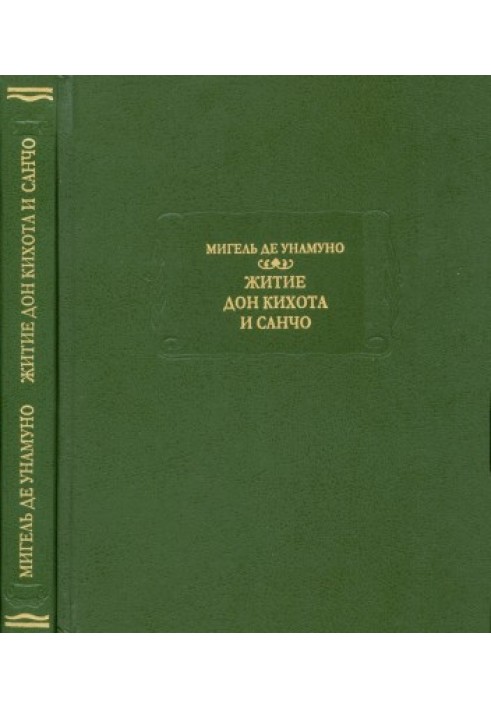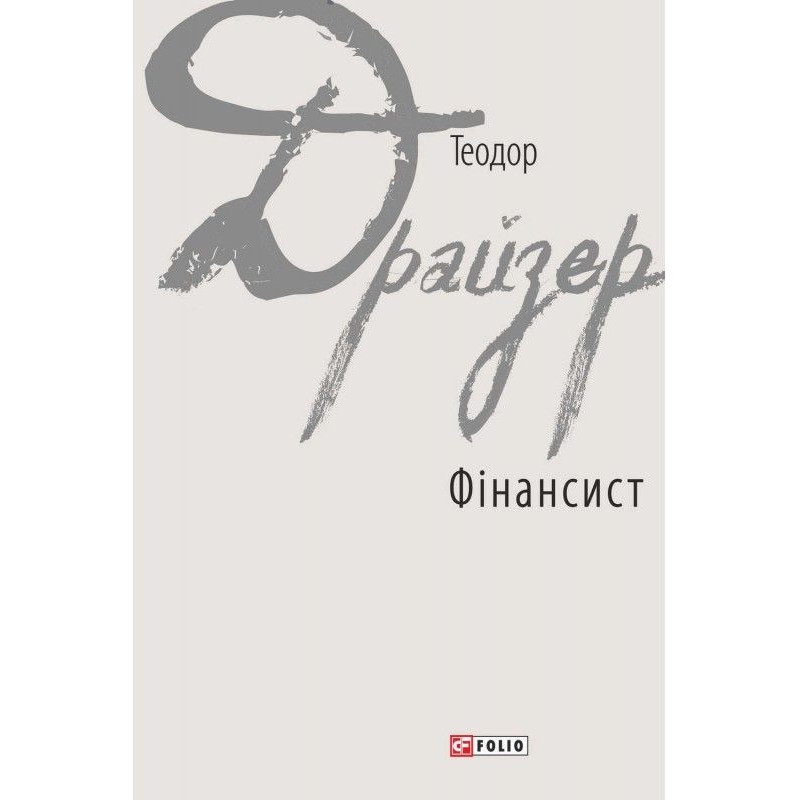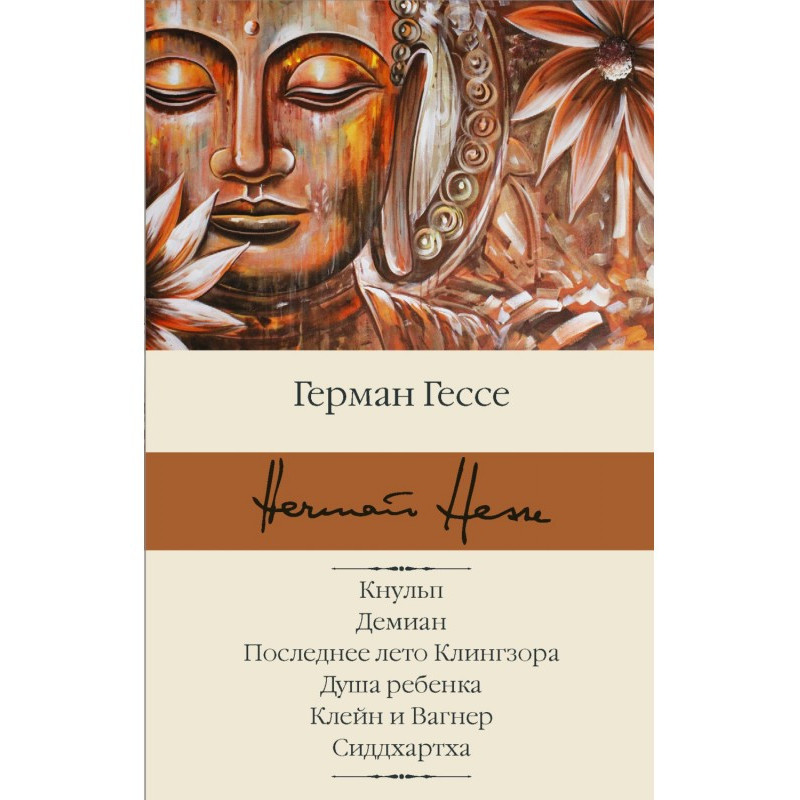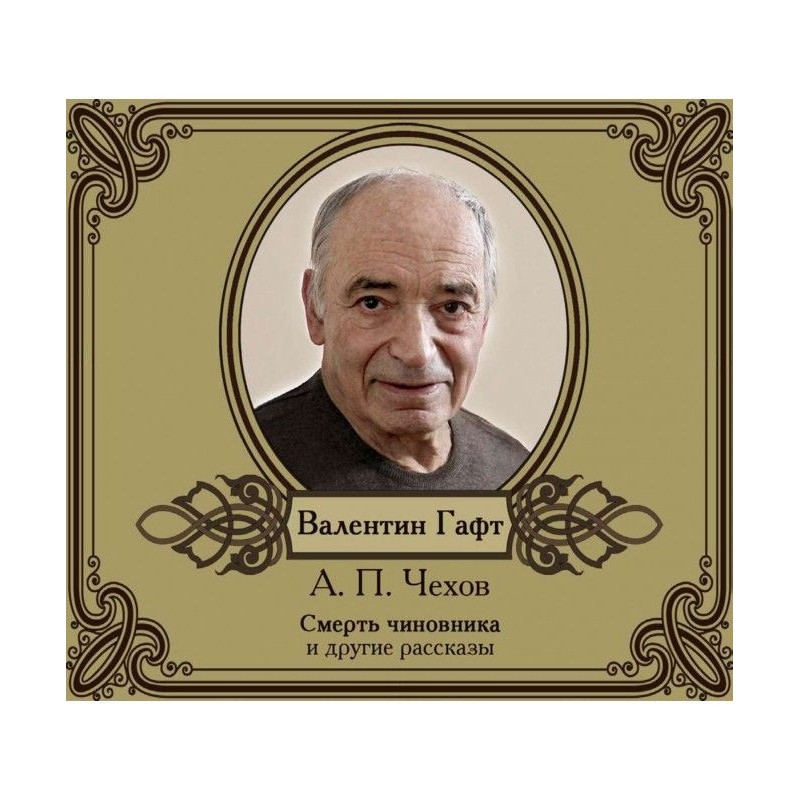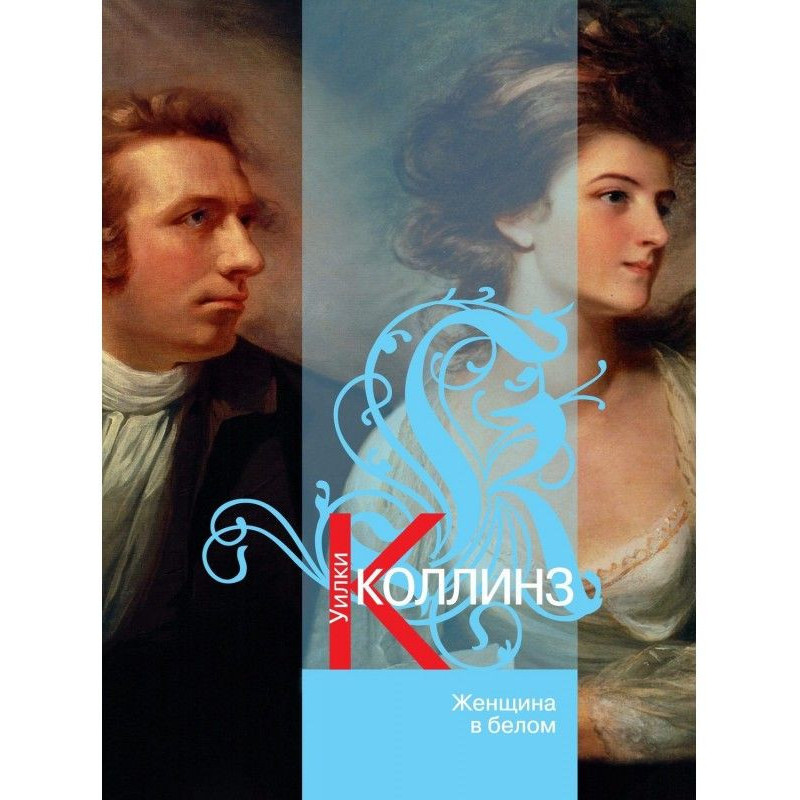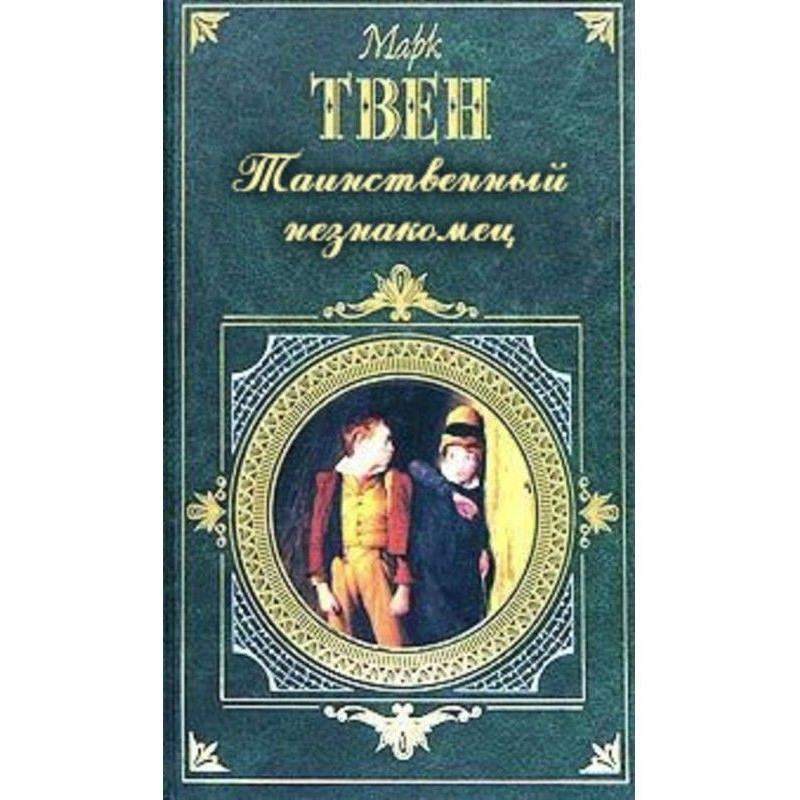Miguel de Unamuno. The Life of Don Quixote and Sancho by Miguel de Cervantes Saavedra, explained and commented by Miguel de Unam
 Instant download
Instant download
after payment (24/7)
 Wide range of formats
Wide range of formats
(for all gadgets)
 Full book
Full book
(including for Apple and Android)
Don Quixote's traits can be found in many characters in world literature (Mr. Pickwick, Chichikov, Tartarin, Prince Myshkin, Emma Bovary, Tom Sawyer, etc.); philosophical and journalistic interpretations of the hero of the novel by Cervantes were created in different European countries, but only in Spain, in his homeland, was he conceptualized as a national myth, like the Spanish Christ, who tirelessly preaches his teachings, finds an apostle - Sancho Panza and endures passions - cruel jokes ducal couple. This is exactly how Don Quixote is perceived by the outstanding writer, poet and thinker Miguel de Unamuno (1864-1936), the brightest personality in Spain in the first third of the 20th century, the spiritual leader of the “generation of ’98”, the author of “The Lives of Don Quixote and Sancho”, a unique work not which has analogues in the history of literature and literary criticism. For him, “Quixotism” is the true Spanish national religion, and Cervantes’s novel is the Bible of humanity. Unamuno wrote: “The greatness of Don Quixote is that he was ridiculed and defeated, for, being defeated, he was a winner: he ruled the world, allowing it to laugh at himself.” This book is not only about the heroes of Cervantes, not only about the Spain of Don Quixote of La Mancha and Don Miguel de Unamuno; today, almost a hundred years after its publication, it is perceived, first of all, as a passionate appeal of its author to readers: long live Don Quixote! May he live in the soul of each of us!
Data sheet
- Name of the Author
- Мигель Унамуно де
- Language
- Russian
- Translator
- Александра Марковна Косс
Reviews
Неперевершене осмислення класики!
Книга "Житіє Дон Кіхота і Санчо" Мігеля де Унамуно - це не просто коментар до знаменитого твору Сервантеса, а глибоке філософське дослідження, яке підносить Дон Кіхота до рівня національного символу Іспанії. Унамуно вміло поєднує літературний аналіз з особистими роздумами, створюючи унікальне полотно, яке дозволяє читачеві поглянути на персонажів з нової перспективи. Він показує, як Дон Кіхот, незважаючи на свої поразки, стає символом боротьби за ідеали, які здаються недосяжними. Ця книга спонукає до роздумів про сенс життя, про те, як важливо мати свої мрії і боротися за них, навіть якщо світ сміється з нас. Унамуно майстерно передає цю ідею, закликаючи читачів прийняти "кіхотизм" як частину своєї душі. Рекомендую цю книгу всім, хто цінує глибокі літературні роздуми та хоче зрозуміти, чому Дон Кіхот залишається актуальним і сьогодні. Це справжня перлина, яка надихає і змушує замислитися!

